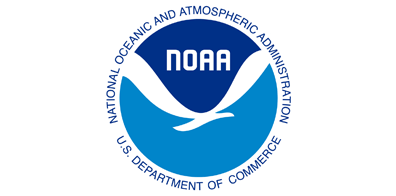AIS Prevention Tips for Anglers
PDF coming soon Recreational fishing provides both economic and social benefits to Pennsylvania. It is important that anglers take action to remove any “hitchhikers” from their equipment, boots, nets, clothing, and other gear that touched that water while fishing so that AIS are not spread to new locations. Tips for Anglers Aquatic invasive species (AIS) […]



